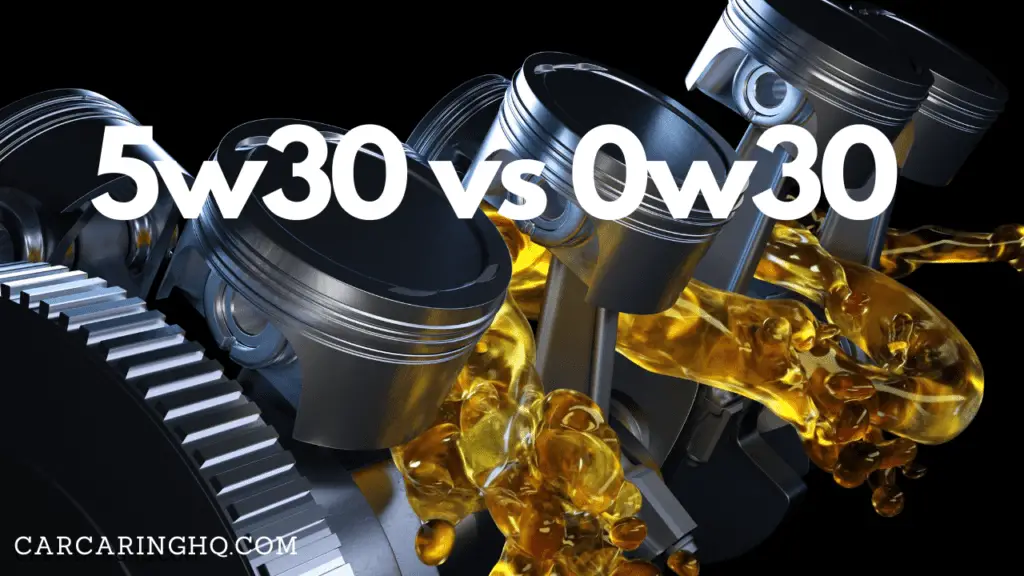Oil leaks in a vehicle can be a cause for concern, as they can lead to decreased engine performance, oil consumption, and potential damage.
To address this issue, some drivers turn to oil stop leak additives. However, questions arise about the effectiveness and potential risks of using these products.
In this article, we’ll explore whether oil stop leak can damage your engine and provide insights into their usage.
Table of Contents
Understanding Oil Stop Leak Additives
Oil stop leak additives are designed to address minor leaks in an engine’s gaskets, seals, or other components.
These additives contain chemicals that are intended to swell and condition seals, potentially reducing or stopping leaks. They are typically marketed as a temporary solution to address small oil leaks.
The Question of Engine Damage – Can Oil Stop Leak Damage My Engine?
1. Potential Risks
Concern: There is a common concern that using oil stop leak additives might damage the engine by causing clogs or affecting the normal flow of oil.
Fact: While some older formulations of oil stop leak additives were criticized for causing clogs or affecting oil flow, modern additives are generally safer to use. However, using excessive amounts of any additive, including oil stop leak, can potentially lead to negative effects.
2. Compatibility with Engine Oil
Concern: There’s a misconception that oil stop leak additives might not be compatible with the engine oil, leading to chemical reactions and engine damage.
Fact: Most oil stop leak additives are formulated to be compatible with both conventional and synthetic engine oils. However, it’s important to choose additives from reputable manufacturers and to follow the recommended dosage to avoid potential issues.
3. Temporary Solution
Concern: Some believe that relying on oil stop leak additives might delay necessary repairs, leading to more significant engine problems in the long run.
Fact: Oil stop leak additives are intended as temporary solutions to address minor leaks. While they can provide temporary relief, it’s crucial to address the root cause of the leaks through proper repairs to prevent long-term damage.
Proper Usage of Oil Stop Leak Additives
1. Follow Manufacturer’s Instructions
When using oil stop leak additives, it’s essential to carefully follow the manufacturer’s recommended dosage and instructions. Overusing the additive can lead to unintended consequences.
2. Monitor Effectiveness
After using an oil stop leak additive, monitor your vehicle’s oil level and check for any improvements in the leak issue. If the leak persists or worsens, it’s recommended to consult a professional mechanic for proper diagnosis and repairs.
3. Address Root Causes
Remember that oil stop leak additives are temporary solutions. To ensure the long-term health of your engine, address the underlying issues causing the leaks by seeking professional repairs.
Conclusion
Using modern oil stop leak additives as directed is unlikely to cause significant engine damage. However, it’s essential to exercise caution, choose reputable products, and avoid overusing additives.
If your vehicle is experiencing oil leaks, consider consulting a professional mechanic to diagnose the issue and determine the most appropriate course of action.
Ultimately, while oil stop leak additives can provide temporary relief, proper repairs and maintenance are the key to preserving your engine’s health and performance.







